
Depoliticize Universities Now!
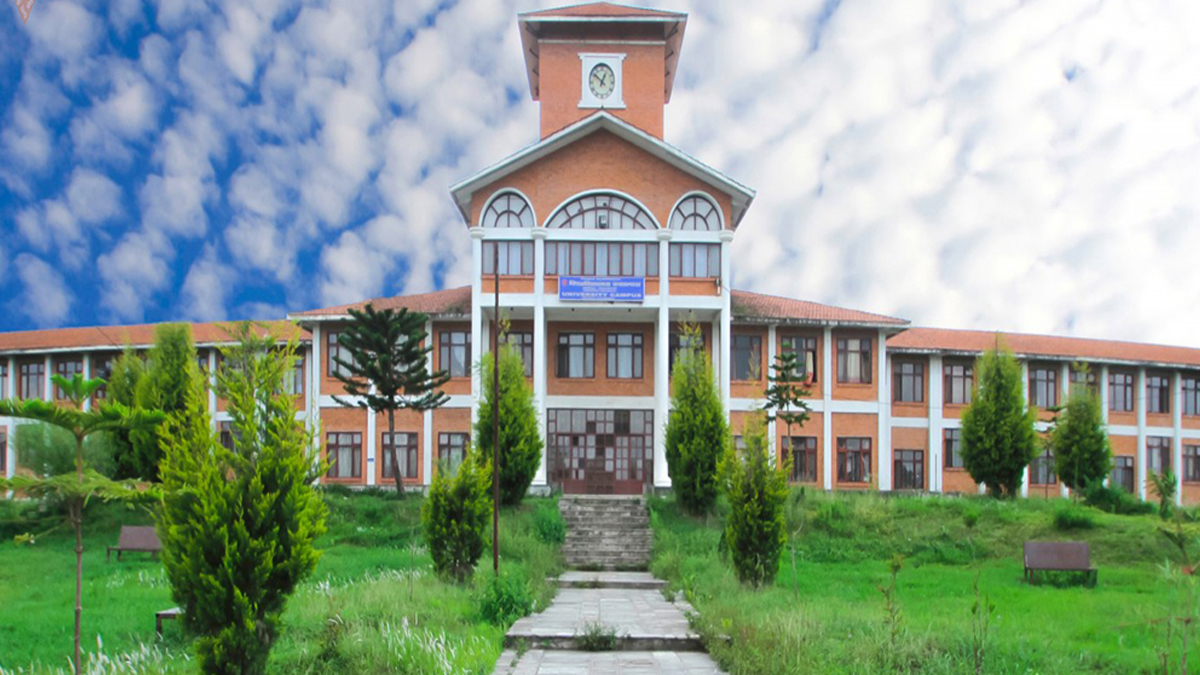
Amidst growing concerns over political interference in the selection process of the Vice-chancellor of Tribhuvan University (TU), stakeholders have called for urgent measures to depoliticize universities across Nepal. Despite assurances from the government regarding impartiality in the selection process, doubts linger, prompting calls for systemic reforms.
At a session during the Nepal Literature Festival in Pokhara, prominent voices in academia underscored the imperative to eliminate political influence for the betterment of higher education quality in the country. Professor Dr. Sanjeev Upreti emphasized that merely appointing a competent academic as the head of TU would not suffice to enhance educational standards. He urged for introspection into TU’s objectives and the identification of any shortcomings hindering their fulfillment.
Dr. Upreti advocated for a multi-faceted approach, including curbing political interference, localizing the curriculum, introducing life skills education, and ensuring equitable remuneration for teaching staff. He highlighted the prevalent culture where students, staff, and faculty are aligned with political factions, undermining academic independence and institutional integrity.
Echoing similar sentiments, Dr. Kusum Shakya, the dean of the Faculty of Humanities and Social Sciences, proposed a transformation of TU into a board of trustees model to usher in reforms. Expressing disappointment over the selection process for the Vice-chancellor position, she emphasized the importance of candidates presenting comprehensive reform agendas to drive positive change.
Among the three candidates recommended for the Vice-chancellor position by the recruitment committee—Prof Dr. Chitra Bahadur Budhathoki, Prof Dr. Tanka Nath Dhamala, and Prof Dr. Keshar Jung Baral—the concerns persist regarding the influence of political affiliations.
Tribhuvan University, with affiliations to over 1,000 colleges nationwide and constituent campuses in 75 out of 77 districts, plays a pivotal role in shaping the academic landscape of Nepal. However, the prevailing challenges of outdated curriculum and resistance to reform initiatives pose significant hurdles.
Dr. Bipin Adhikari, a constitutional law expert, emphasized the urgent need for curriculum revisions to address contemporary issues and ensure faculty expertise in their respective fields. He stressed the importance of autonomy for universities and called for disciplinary measures to foster a conducive academic environment.
As stakeholders continue to advocate for the depoliticization of universities and comprehensive reforms, the spotlight remains on TU and other educational institutions to prioritize academic integrity and excellence in the pursuit of knowledge.
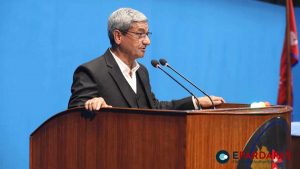

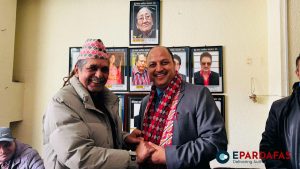


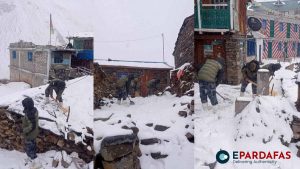





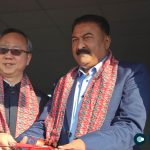
Comments